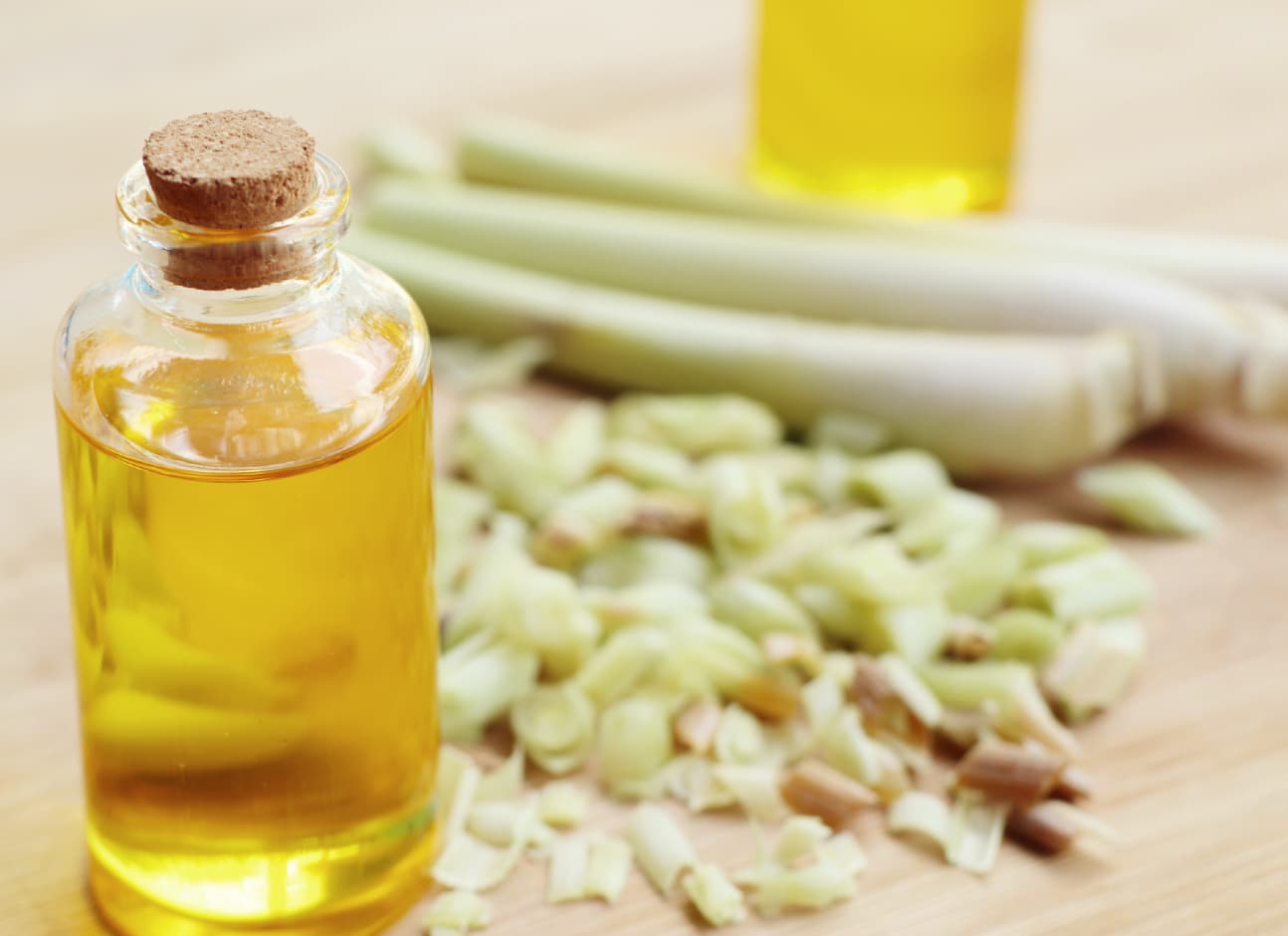Lemongrass essential oil is a fragrant and aromatic plant that grows in the Southeast. It’s used to infuse food, beverages and cosmetics with its scent. Lemongrass also has antimicrobial properties, so it can be used as an antimicrobial agent in personal care products to help fight germs and bacteria. So is lemongrass oil safe for cats?
What Is Lemongrass Essential Oil?
Lemongrass essential oil is made from the leaves and stems of lemongrass plants. It’s a tropical plant with bright green leaves that grow in the South Pacific, Southeast Asia and India. The oil is extracted from the leaves, stems and flowers by steam distillation or cold pressing.
Lemongrass has been used as a herb for thousands of years because of its healing properties: it can reduce fever and inflammation; act as an antiseptic; soothe sore throats; soothe digestive problems like diarrhea; help with ulcers and Crohn’s disease (a type of inflammatory bowel disease); fight fungi infections like ringworm or athlete’s foot and more!
Is lemongrass oil safe for cats?
Lemongrass oil is not safe for cats, particularly in its concentrated form. Cats lack a specific liver enzyme required to break down the components of lemongrass, which can result in liver damage or toxic levels if ingested. The ingestion of lemongrass oil can lead to symptoms like gastrointestinal upset, vomiting, diarrhea, abdominal pain, loss of appetite, or even obstruction in some cases. Moreover, lemongrass oil, due to its high concentration, can be toxic and potentially fatal to cats. It can cause severe health issues including liver damage and seizures.
What is Lemongrass Poisoning?
The essential oil is too strong for cats and can be harmful if they consume it. Even diffusing lemongrass oil or using it in any other way around cats can make them sick. Additionally, exposure to concentrated forms of lemongrass, such as essence or essential oil, can be deadly for cats, causing respiratory problems. It’s important to seek immediate veterinary help if your cat is exposed to lemongrass. Lemongrass oil should never be applied directly onto a cat’s body and always be diluted if used.
Conclusion
In summary, it’s crucial to avoid using lemongrass oil around cats, particularly in its concentrated form, due to the risk of serious health complications.
As we conclude our exploration of veterinary care, we invite you to discover the exceptional services available at our clinic, Vet in Dubai. Your pet’s health and well-being are our top priorities, and our dedicated team is ready to provide the care they deserve. Take a moment to delve into the details of our comprehensive services and make informed choices for a lifetime of health and happiness for your beloved companions.
